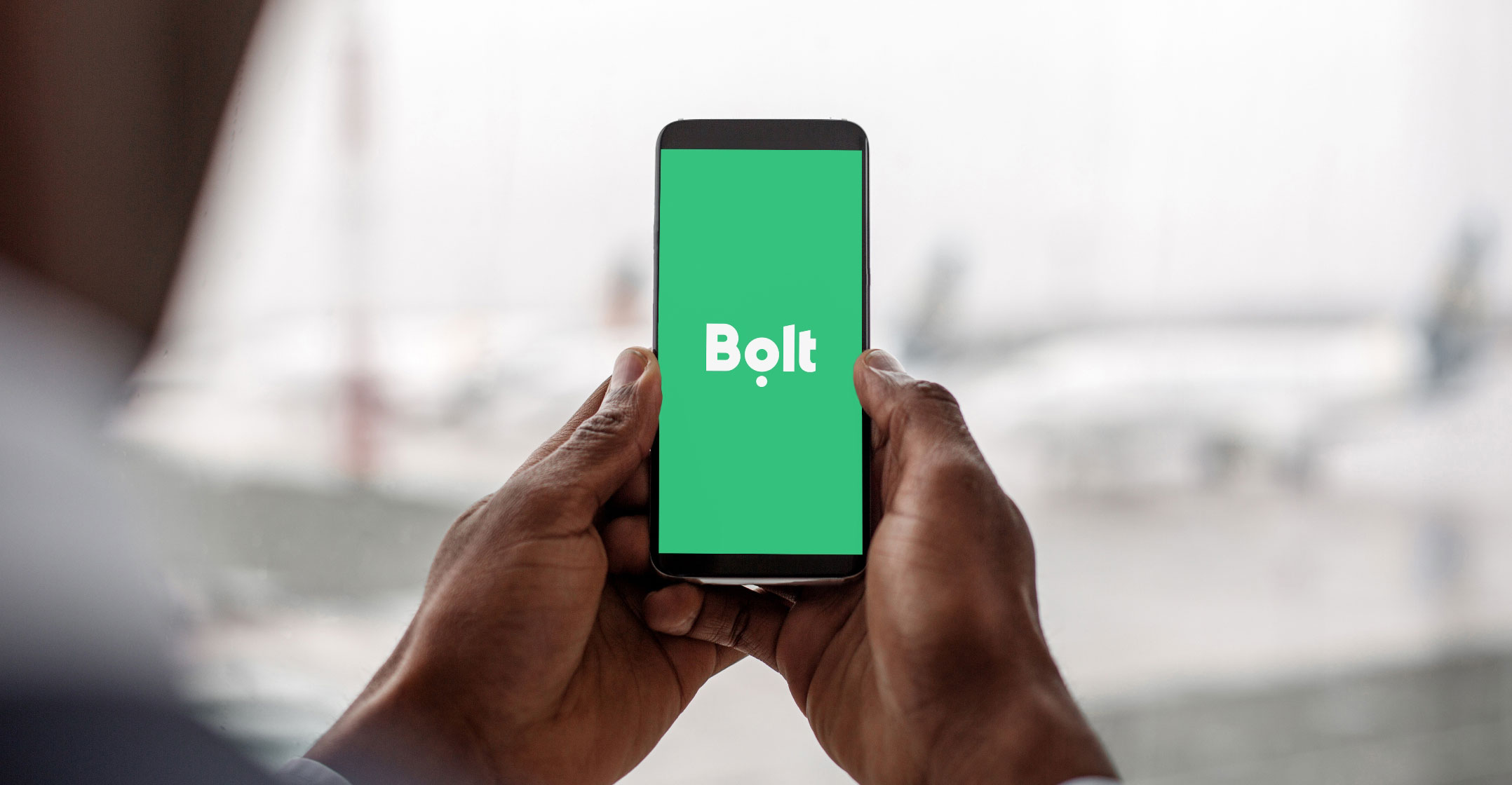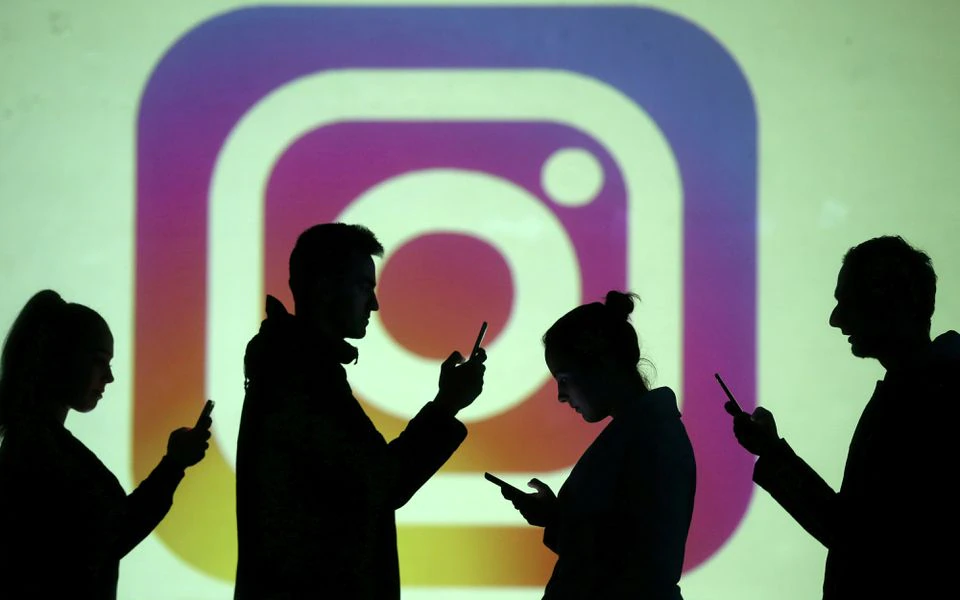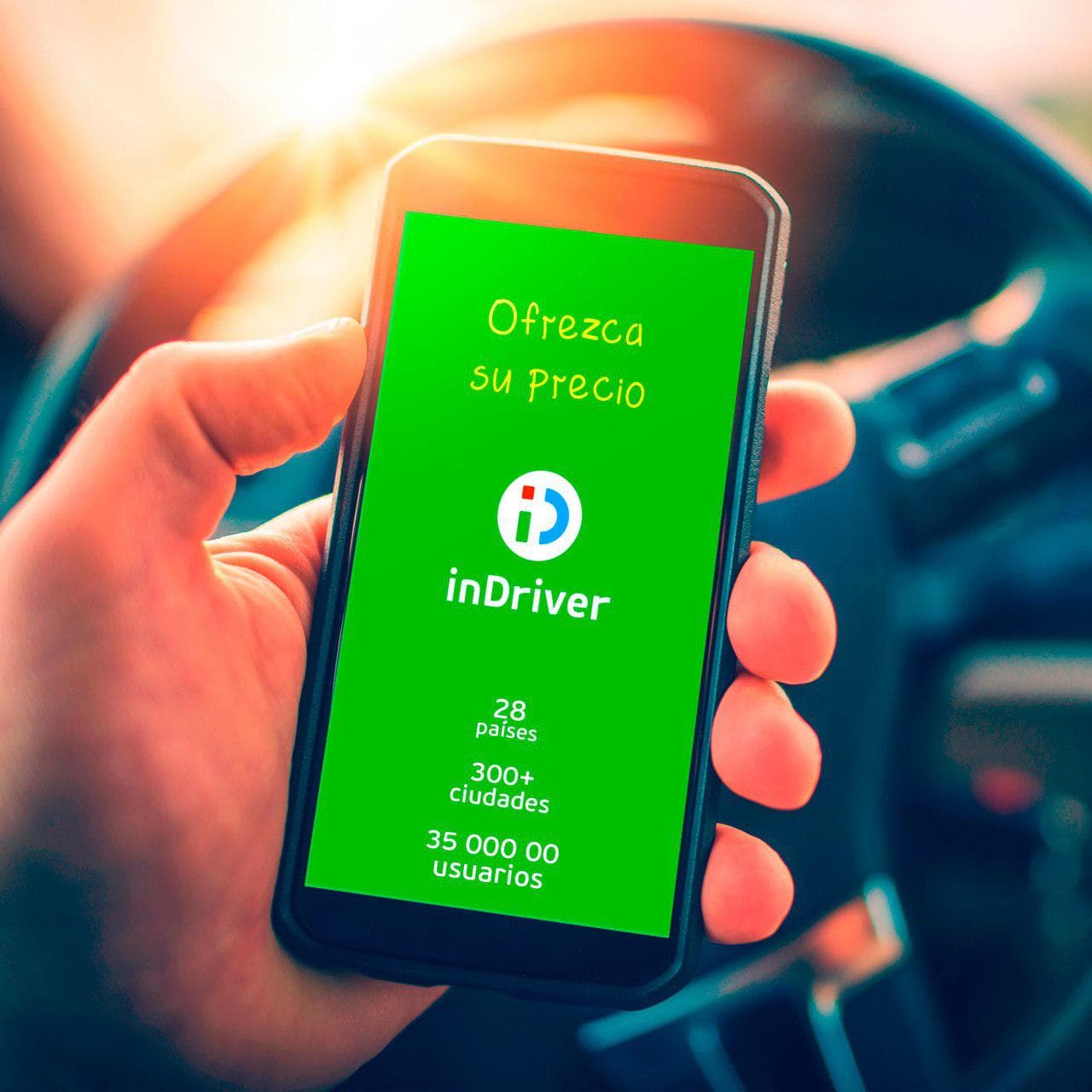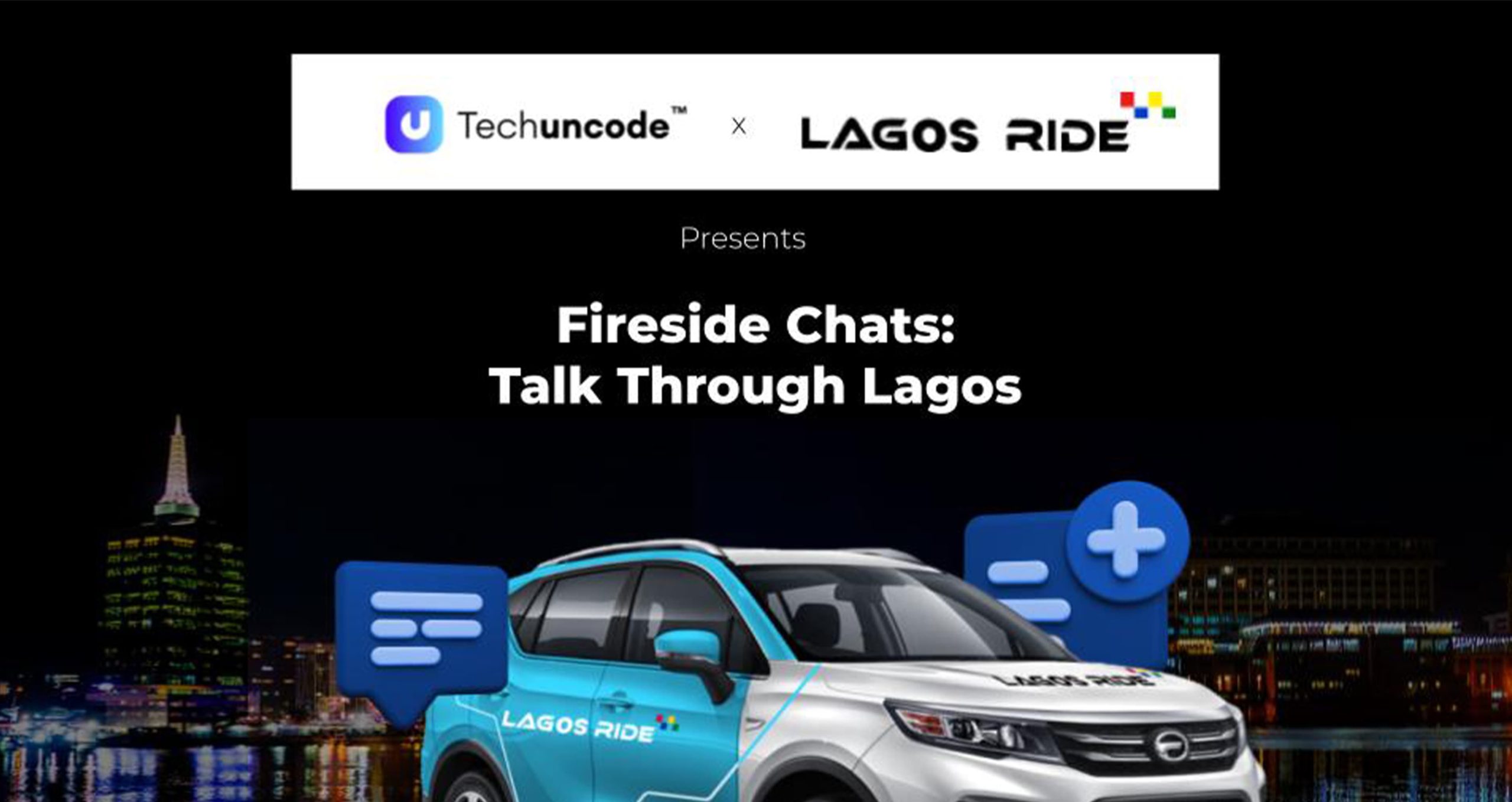
Bolt
Social media has become a powerful tool for connection, expression, and, at times, mischief. This is seen in the trend involving users from Nigeria and South Africa, which has had unexpected consequences for the ride-hailing industry. This article delves into how a seemingly harmless prank has morphed into a significant disruption for Bolt, a leading ride-hailing service, and what it means for the future of digital culture and business operations.
The Origin of The “Request in Nigeria Challenge”
Social media trends often emerge from seemingly innocuous ideas, but their impact can be far-reaching. The “Request in Nigeria Challenge” began as a playful rivalry between Nigerian and South African citizens, where participants would order rides in the other country, only to cancel them upon the driver’s arrival. This digital prank, however, quickly spiraled out of control, creating real-world consequences for both drivers and the Bolt platform itself.
How It All Started
The origins of this rivalry can be traced back to cultural and social tensions between the two nations, exacerbated by the recent participation of a Nigerian-born model, Chidimma Adetshina, in the Miss South Africa pageant. The backlash and xenophobic sentiments that followed her involvement created an environment ripe for online conflict, which soon found its expression in the “Request in Nigeria Challenge.”
South African users were the first to initiate the trend, posting screenshots of their prank requests on social media with captions that fueled the fire. The trend gained momentum rapidly, with Nigerians retaliating in kind, resulting in a digital tit-for-tat that went viral on platforms like X (formerly Twitter).
Disrupting Bolt’s Operations
What started as a lighthearted joke quickly became a serious issue for Bolt. The app’s functionality relies heavily on the trust and reliability of its user base. However, the prank orders led to widespread disruptions, including artificial ride surges and increased cancellations, which left drivers frustrated and financially impacted.
Imagine being a driver who has invested time and resources into providing a service, only to find that your efforts were in vain due to a prank. This was the reality for many Bolt drivers in Nigeria and South Africa, navigating the chaos caused by this social media trend. The financial implications for these drivers were significant, as they lost potential income and wasted resources on fake orders.
Bolt’s Response
In response to the growing disruption, Bolt took decisive action by blocking accounts involved in the prank. The company’s primary concern was to restore order and ensure that its platform remained a safe and reliable space for both drivers and riders. According to Yahaya Mohammed, the country manager of Bolt Nigeria, the company is committed to maintaining the integrity of its service, and actions have been taken to mitigate further disruptions.
This incident serves as a reminder of the challenges that digital platforms face in maintaining order and trust among their users. While social media can be a powerful tool for engagement, it also has the potential to disrupt businesses in ways that are difficult to anticipate.
The Broader Implications
The Bolt incident is more than just a case of online mischief gone wrong; it reflects a broader trend in a digital culture where the lines between online and offline behavior are increasingly blurred. Social media has given rise to a new form of cultural exchange, where trends and challenges can spread rapidly across borders, often with unforeseen consequences.
For businesses operating in the digital space, this presents both opportunities and risks. On one hand, social media can be a powerful tool for marketing and customer engagement. On the other hand, it can also be a source of disruption, as seen in the case of Bolt. The key for businesses is to be agile and responsive, able to adapt to the ever-changing digital landscape while protecting their core operations.


















 and then
and then